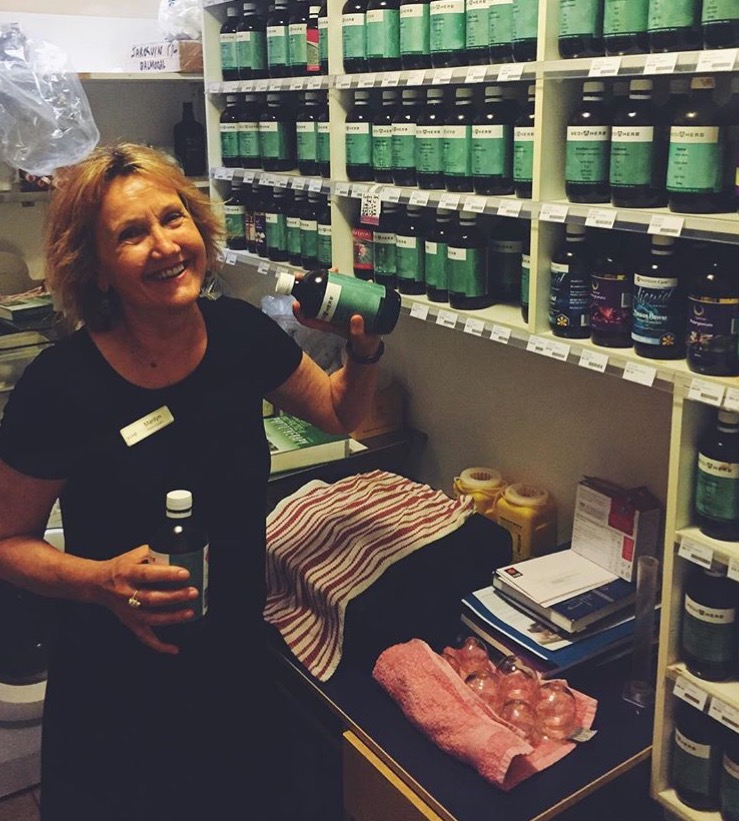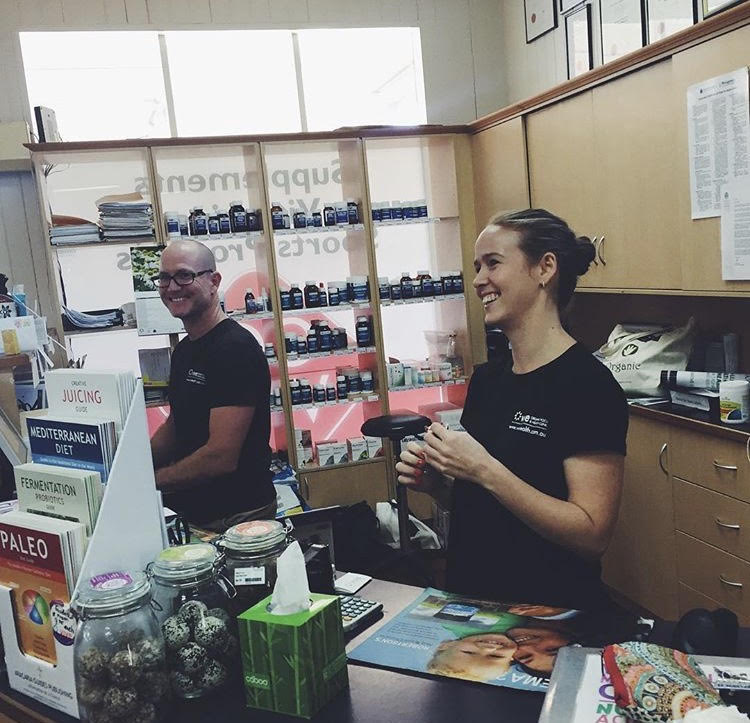Written by Marilyn Lemaire | Master Herbalist
Western Herbal Medicine for Public Healthcare
As many of you are aware, VIVE is rich with Herbalists. We are 7 herbalists working in the store and the VIVE clinic. We love going to the dispensary and drawing on our years of training to make herbal formulations that we know will have a therapeutic benefit for our clients which includes herbal formulas for both acute and chronic health conditions. VIVE is the exceptional kind of store where qualified individuals stand behind the counter and believe in a role for Herbal Medicine in general public health care.
Could Herbal Medicine have a role in Public Healthcare?
Western Herbal Medicine (WHM) is an effective and empowering medicine to assist in the maintenance of health care. The attraction of herbal medicine is that it supports a holistic approach to health and can be used as supportive, preventative or curative when dealing with the complexity of illness and disease.
Western herbal medicine has its roots in traditional medicine and has evolved into a sophisticated, regulated and modernized medicine that serves individuals who choose to use a medicine that is supportive rather than intervening.
The World Health Organization (WHO) in 2015, stated that public health care refers to the organized practices that work towards preventing disease, promoting health and is committed to extending life expectancy by improving living conditions for the populations as a whole. The health services department for the Australian Government (2010, p. 333) defines public health care as “the organized response by society to protect and promote health, and to prevent illness, injury and disability” and in summary defines it as preventative health.
The WHO and the Australian Government appear to have similar intentions to promote health and focus on the prevention of illness by encouraging healthy lifestyles.
Complementary and Alternative Medicine (CAM) is a term used to cover treatment modalities, that lie outside of orthodox or conventional treatments, such as Herbal Medicine. The intent and principles of CAM and orthodox medicine are aligned in that they want the best for the patient, they are concerned about health in society, want to do no harm, respect each patient by full disclosure of information and allowing patients to make informed choices without being coerced.
Western Herbal Medicine for Public Health Care
As practitioners and staff members, we encourage a healthy lifestyle and want to provide information to customers that ensures an effective, comprehensive and caring treatment.
WHM has a significant role to play in public health care because it allows the public to have access to more comprehensive and holistic health care programs. The public has voiced their reasons for seeking alternative health care options. Herbal practitioners take great responsibility in listening to these requests, while ensuring a high standard of competency, understanding that the patient wants to be empowered in the care of their own health.
The movement for the cottage herbalist to be replaced by the professional herbalist who aspires to gain public recognition and legitimacy is a crucial step for the recognition of WHM as a contributor in mainstream public health care.
The drive to have WHM as an equal player for public health care is assisted by continued research. The ongoing emphasis of science for WHM reflects a strategy to portray a profession that wants to be seen as legitimate, recognized and accepted.
There is an role for herbal medicine in the field of Public Health and as herbalists we see its successful role on a daily basis. We strive to keep up with current research and treatment practices that support and further the health of our clients.
It is a joy and pleasure to be a Herbalist at VIVE as we work in a community that want herbs for their treatment and to support their well being.


